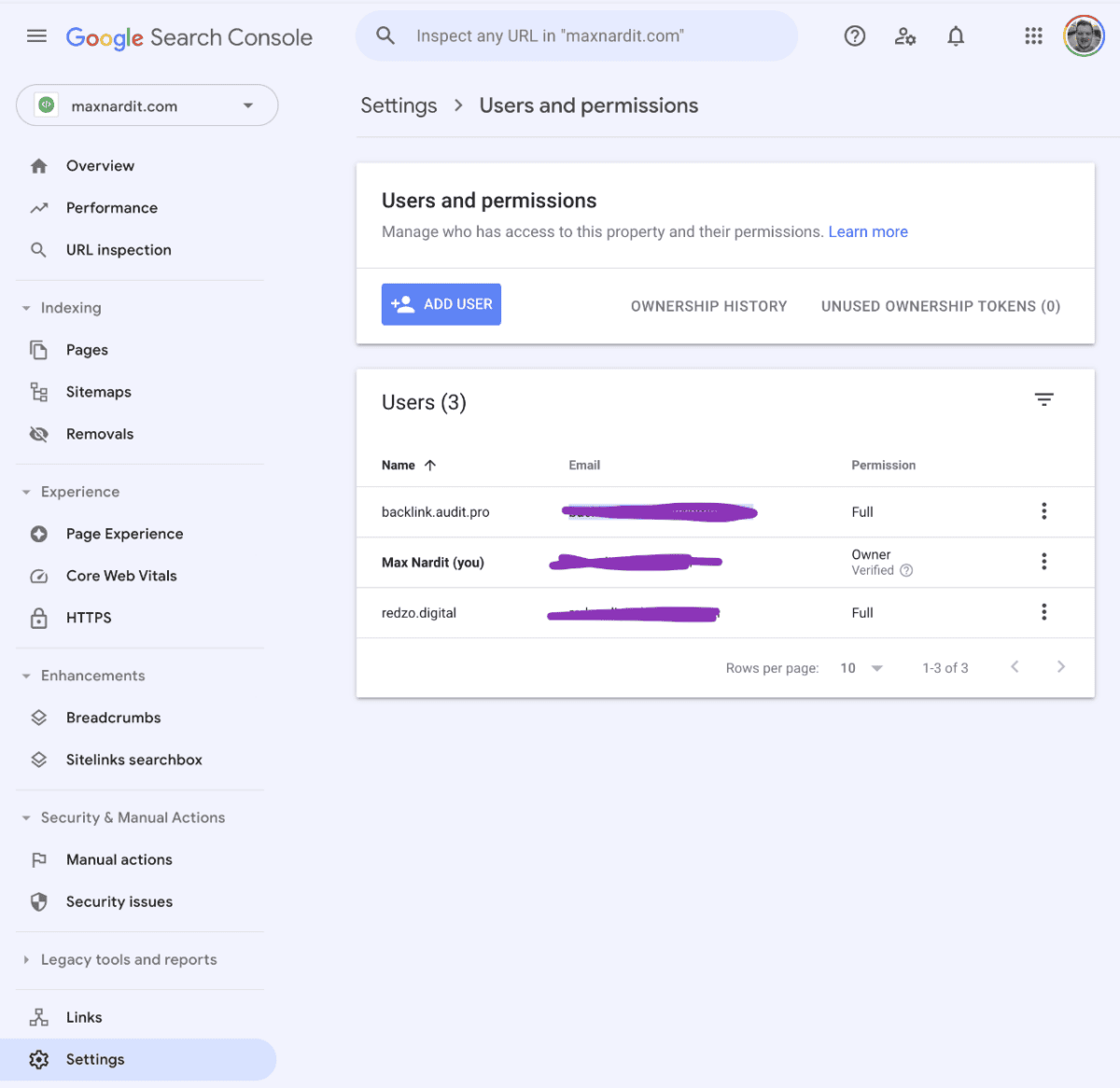If you used to think SEO was just about tweaking titles, stuffing keywords into text, and hoping for a miracle, then sorry – you’ve missed the mark. In reality, it’s about handling all business processes at once: from shaping the product to building the sales funnel and ensuring quality customer communication. It’s like an orchestra with loads of instruments; if the guitar is out of tune somewhere, the entire SEO melody sounds off-key.
And yes, it’s already hard to imagine any serious marketing strategy without SEO. According to some random stats, companies that truly focus on search efforts increase their revenue by a hefty 14.6% and get a 12.3% bump in leads. On the one hand, that sounds “amazing!”, but on the other, achieving it takes serious work: syncing all departments and figuring out how everything in your business really works. So let’s break it down.
Executive Support: Without Capable Bosses, Everything Falls Apart
Picture this: you’ve dug into the essence of SEO, drafted a plan, and assembled a top-notch team. Then the show begins: it turns out upper management doesn’t really get what SEO is or what resources it needs. So they don’t see why you’re running around demanding content, IT support, or that a lawyer “check some text.”
And here’s the problem: without top-level backing, this circus ends quickly. At the very least, bosses need to understand that SEO is collaborative and requires time and money. It’s not like your CEO has to dive into code or skillfully piece together links, but they should grasp that without investment (people, budgets, tools), you’re going nowhere. If leadership is on board, you gain real support, not just “What are you still tinkering with after six months?”
Product and Brand: The Goods Themselves Matter Too
Sometimes people rush to pump up SEO, but their product is junk or the brand is sketchy. And what happens? Nothing good. Say you bring in traffic, “Hooray! Visitors showed up!” Then it turns out the product is lousy, the price makes no sense, or the positioning is all over the place. In the end, people leave, conversion rates crash, and you’re in the red.
So before you rev up your SEO, make sure everything’s solid at the product level. Figure out what people want, define your unique benefits, and know your audience. Only then should you jump into your plan to “flood the site with traffic.” Otherwise, you’ll keep banging your head against the wall, cursing search engines, competitors, and the wind all at once.
Lawyers and Compliance: Yup, You’ll Have to Deal with It
This part is a bit yawn-inducing – who wants to read contracts, fine print, and all that boring stuff? But if you’re in finance, medicine, or legal services, you can’t avoid it. Think about it: what’s the point of your effort if later you get slapped with a penalty for breaking rules? You can easily get fined, lose your reputation, and wear yourself out making excuses.
Whether we like it or not, SEO projects need to line up with legal and regulatory requirements. Sometimes that means waiting weeks to get something approved, chasing down the right stamps, or adding special disclaimers. Deal with it – it’s part of the game.
Content: Your SEO Engine
If you want search engines to love you, you have to feed them solid, valuable content. Not “filler stuffed with keywords,” but real value – articles, reviews, guides, useful videos so people say, “This is exactly what I was looking for!” If you can write well yourself, great, but usually it’s better to bring in pros: copywriters or content specialists. Because if you just wing it, you often get garbage that nobody reads.
Also, remember that content isn’t just about a blog. It includes product descriptions, landing pages, and even email brochures. Everything should be cohesive and smart: each piece of content plays a role in its stage of the funnel. And it’s exactly this content that search engines will “eat up with a spoon,” moving you up in the rankings – or dropping you in the swamp.
UX and Conversions: Keep People from Running Away
Let’s say you’ve hit the sweet spot: queries are flowing in, traffic is up. But if your site is awkward, loads at a snail’s pace, and makes “buying” harder than checking out of a hospital, people won’t care about your content. They’ll bail and never return. So bringing people to your site is half the battle. The other half is making sure they have a good experience and actually pay you or send an inquiry or whatever you need them to do.
That’s why conversion optimization and good UX are essential to SEO. Sure, it’s not strictly about “meta tags,” but these things go hand in hand: without decent conversions, you might as well be glad you’re not at the top, because it would just waste your hosting money.
Developers and Tech Folks: You Can’t Do Without Them
There’s a technical side to SEO: page load speed, mobile adaptation, redirects, and other behind-the-scenes joys. Usually, you need developers for that. The reality is they have a million tasks, deadlines, and people like you asking them to “fix just one little thing.”
So stay close to them, explain why it matters, and help simplify their job. Then they won’t give you the side-eye; they’ll actually create a proper structure, adjust the code, and handle the other tech details. Otherwise, you’ll find yourself waiting in line, trying to beg for an update to a Title tag or a 301 redirect that could be handled with a couple of lines.
Sales Team and Customer Feedback: The Missing Piece
SEO pros usually hover around the marketing department, but they often overlook the sales team – and that’s a mistake. Salespeople talk to real people with real pains and questions all day. Those very questions should shape your content, so you can attract even more customers. Plus, knowing what people really care about helps you see what articles or case studies to create.
The same goes for existing customers: they can tell you what’s actually not working or what’s really great. You can turn those insights into fresh content, new features, or a reworked webpage that’s clearer and shortens the path to purchase.
Tools and Technology: You Can’t Do Everything by Hand
Remember the old days, when you’d do keyword research in Excel and manually track search rankings? Sounds ancient now. These days we have tons of tools: analytics services, audit platforms, AI-based solutions (if you’re daring), and deep competitor analysis systems. Of course, they all cost money.
So if you want to keep track of results quickly and accurately, roll out improvements, and find new niches, you’ll need some budget for tools. Get your bosses to understand that there’s no alternative; otherwise, you’re basically flinging pebbles with a slingshot while everyone else has laser guns.
Professional Growth: Don’t Get Left Behind
SEO today isn’t static. Every year, search engines pull new stunts, trends shift, a new AI model shows up, and some social networks fade away. If you just sit there doing what worked two or three years ago, say hello to dropping rankings and confused clients.
That’s why you need to keep learning: go to conferences, hang out in specialist chats, read up on the latest material. At least schedule some time once a month to study something new. That way you won’t be scrambling to “fix it all” when everything’s already moved on.
Success Takes the Whole Team
The main point of SEO is that it’s not just about search – it’s about the entire business, its products, its processes, and its people. If every department is stuck in its own corner and only talks when there’s a fire, SEO will likely stall halfway: maybe some things work out, but others lag behind.
It’s easier to say SEO is a team effort. You gather developers, content creators, legal advisors, sales folks, product managers, and a boss who supports all of it, and together you make progress. It might sound a bit utopian, but there’s really no other way.
So if you ever thought, “I’ll just tweak a few meta tags and we’ll be golden,” that’s old news. These days, you need to pinpoint growth opportunities and interconnections across all links in the chain – from “What is our product, really?” to “How fast does the page load for a user on their phone?” Otherwise, it all goes down the drain. So roll up your sleeves, map out your plan, bring in the right people, and remember: search engines respect those who have their internal workings truly sorted out. An honest approach and a shared vision make SEO more than just a line item in your marketing report – it becomes a real driver of growth.
Good luck with all this, and may your business sound like sweet music, not like an out-of-tune guitar. That’s it – I’m off to work on the latest site update, because time and the search engines wait for no one!




